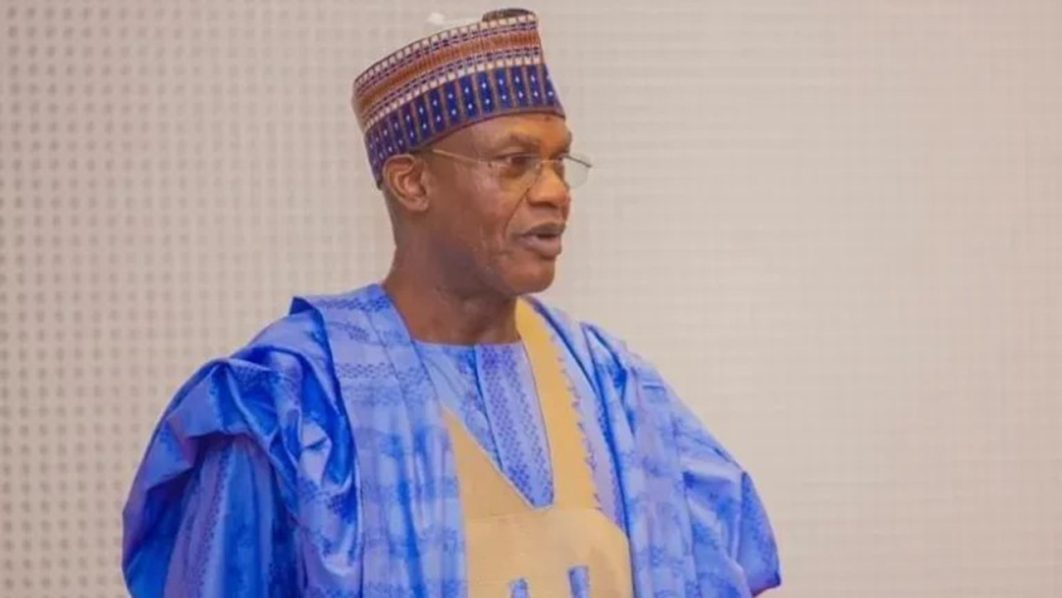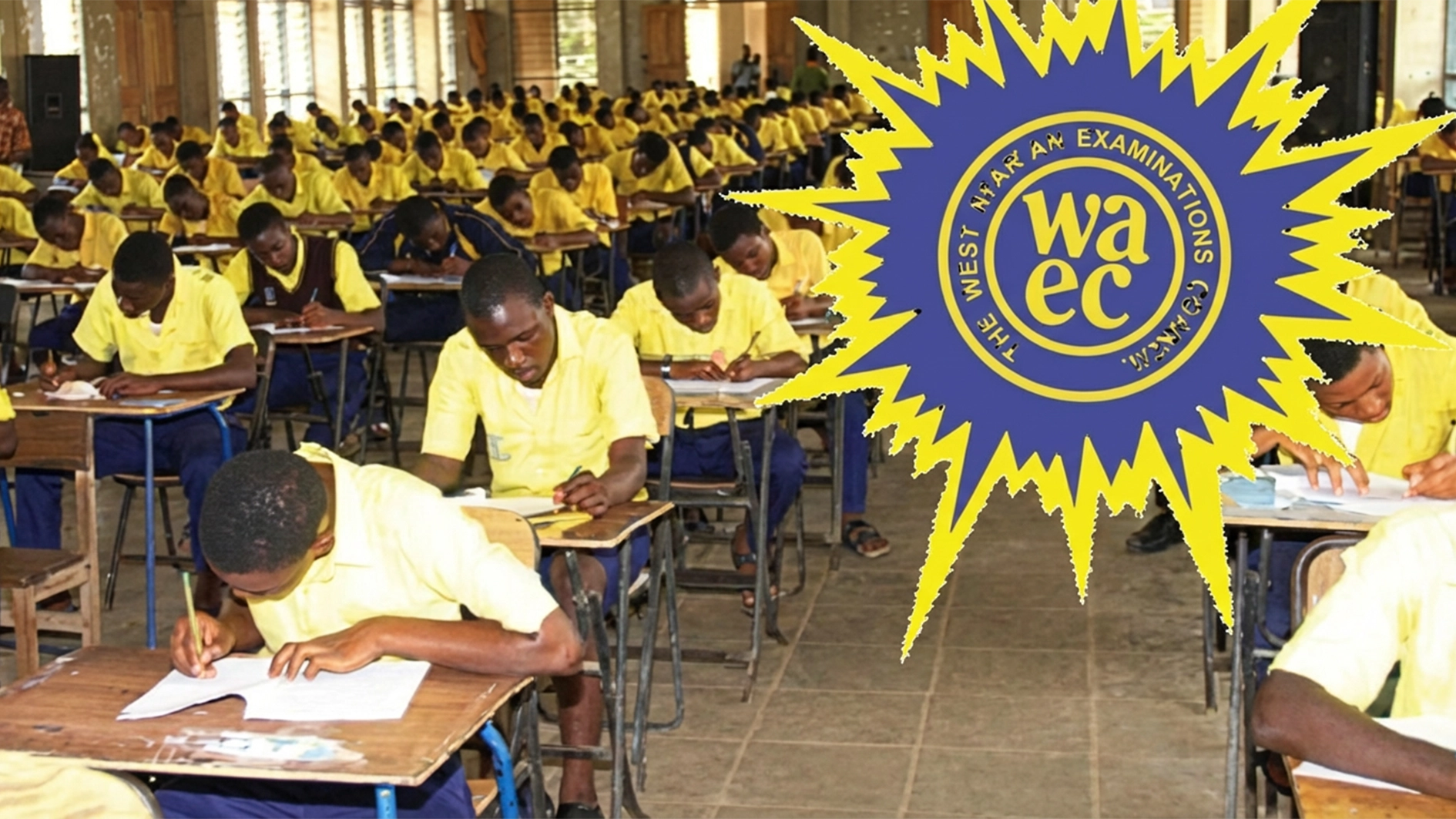
• NUT kicks as parents threaten legal action
Stakeholders in the education sector have faulted the decision of the Federal Government to peg the West African Senior School Certificate Examination (WASSCE) age at 18, describing the policy as retrogressive.
They wondered why the government would deliberately initiate policies that would further draw the country back when other nations of the world are coming up with progressive policies that would transform their educational system.
Education Minister, Prof. Tahir Mamman, had declared that with effect from 2025, any student who is not up to 18 would not be allowed to write WASSCE or National Certificate of examination (NECO).
This came on the heels of an earlier pronouncement, which pegged the entry age into tertiary institutions at 18, instead of 16. But stakeholders, including the Nigeria Union of Teachers (NUT), National Parent Teacher Association of Nigeria (NAPTAN) as well as a non-governmental organisation, Concerned Parents and Educators Network, (CPE) kicked against the decision, saying it is backward and against the interest of the students.
While expressing concern over the pronouncement, the NUT Secretary General, Dr Mike Ene, wondered why government would make such a decision without consulting critical stakeholders.
Ene wondered why the government would have decided to raise the entry age from 16 to 18 years, when children in other countries who are not restricted by age are making waves in various fields.
He said: “Government cannot just wake up and make such a decision. They must consult widely on it. Now that our children start school early, so, if they complete secondary school before 18, what will such students be doing, knowing fully well that idle hands are the devil’s workshop?”
On his part, the Deputy National President of NAPTAN, Adeolu Ogunbanjo, said the body would challenge the decision in court if government fails to drop the policy.
Already, Ogunbanjo said the organisation was in talks with some legal practitioners and might go to court next year before the exams kick off, unless the government have a rethink concerning the policy.
“The policy will mess the education sector. The world has changed and we must change with it. What do they want those who leave secondary school before 18 to do? The policy is simply not in tune with the reality of the time,” the NAPTAN chief stated.
A member of the CPE, Ibidunni Adeaga, also described the policy as absurd. Adeaga said government should focus on more serious issues affecting the sector instead of age.
“At 18, a young adult should be fully set to launch a career path, if all necessary skills and abilities are properly impacted. The curriculum is outdated and practically useless. Rather than look into this, government is coming up with policies that would further draw the country back, what a shame,” Adeaga lamented.
However, the Academic Staff Union of Universities (ASUU), has described the government’s decision as best for the sector. The National President of the union, Prof. Emmanuel Osodeke, said at 18, the children would be emotionally matured and ready. He enjoined parents to do the needful by enrolling their wards at six years, instead of rushing them through school.
Asked on the fate of those who complete their secondary education before 18, Osodeke said parents who rushed their wards should make arrangements to take care of them before they gain admission to tertiary institutions.






